Sleep Apnea, Dental Sleep Medicine
Sleep apnea is a disorder where breathing repeatedly stops during sleep, lowering blood oxygen levels and causing frequent awakenings. These pauses, or apneas, can last seconds to minutes, severely disrupting rest. Untreated sleep apnea increases the risk of serious conditions like high blood pressure, diabetes, and excessive daytime drowsiness. In fact, daytime drowsiness caused by sleep apnea was linked to 72,000 crashes, 44,000 injuries, and 800 deaths in 2013 alone. The lack of oxygen at night worsens many health issues.
Dr. Ira Koeppel is board-certified by the American Academy of Dental Sleep Apnea Our doctors follow strict protocols to provide the highest level of care, helping to manage and treat sleep apnea effectively.
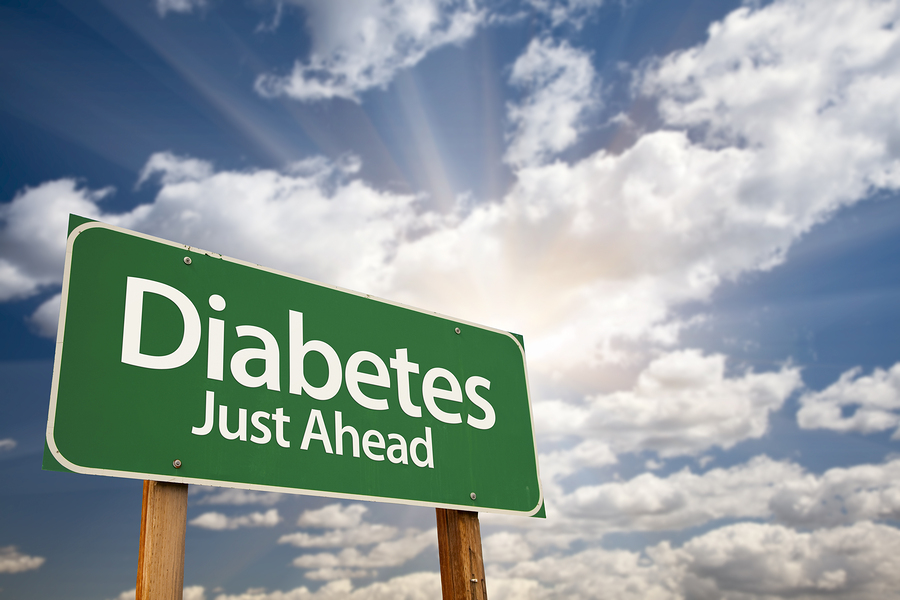
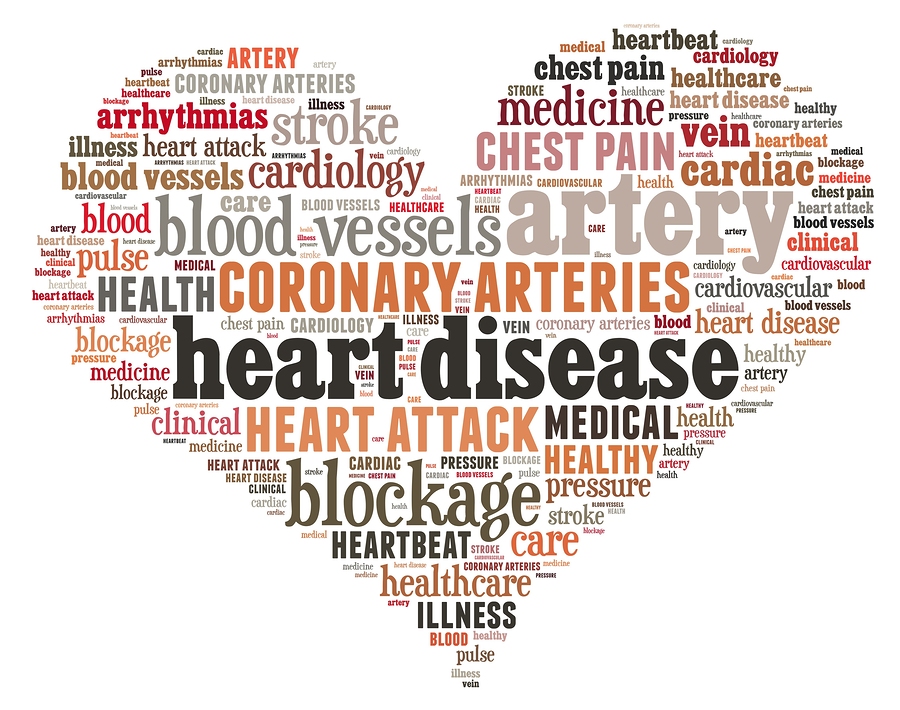
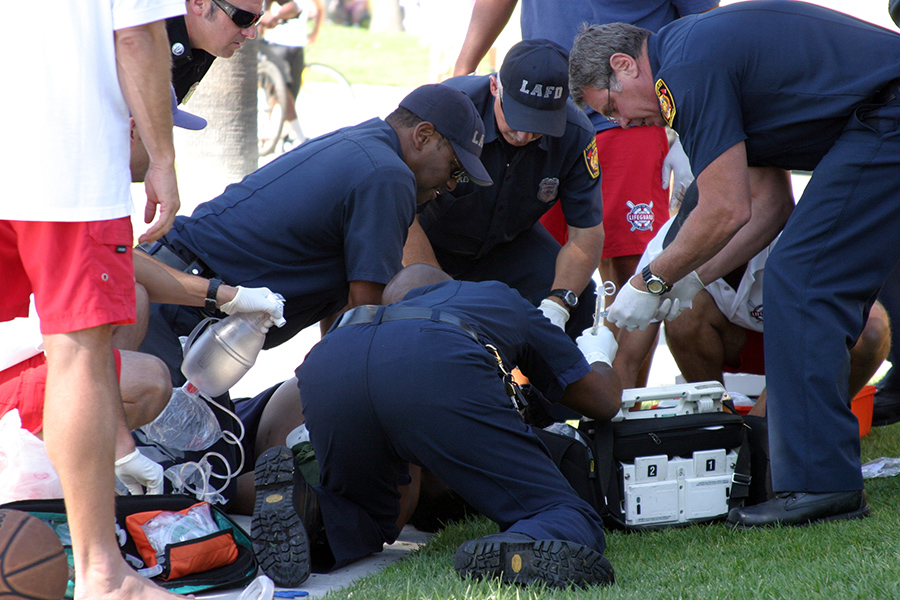
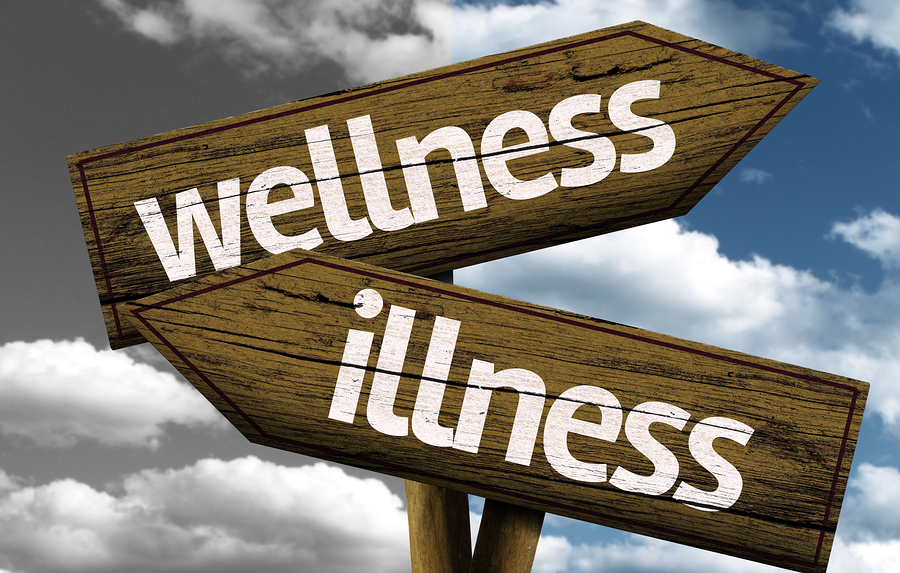
What is Sleep Apnea?
What is Sleep Apnea?
Sleep apnea is a serious condition that disrupts breathing during sleep and can lead to various health problems. There are three types:
- Central Sleep Apnea – occurs when the brain fails to signal the body to breathe.
- Obstructive Sleep Apnea – happens when the airway is blocked, preventing air from reaching the lungs.
- Mixed Sleep Apnea – a combination of central and obstructive sleep apnea.
Snoring occurs when excess tissue in the airway vibrates during breathing, often disturbing your sleep as well as your bed partners sleep.
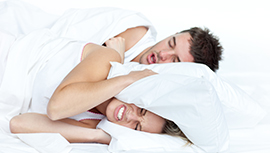
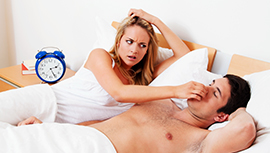
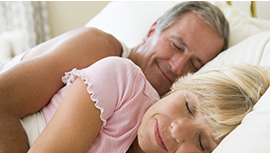
SEE WHAT SLEEP APNEA IS!
Should You Get Tested for Sleep Apnea?
Do you wake up gasping for air or choking?
Do you snore?
Do you feel very tired during the day, especially around 3pm-6pm?
Do you have trouble concentrating or feel “cloudy”?
Do you have a tough time falling asleep or staying asleep?
If you have answered “yes” to any of these questions, you may want to speak to your doctor about getting tested for sleep apnea.
How Is Sleep Apnea Diagnosed?
Obstructive sleep apnea (OSA) is diagnosed through an overnight sleep study prescribed by a doctor. There are two main types:
- Polysomnogram (PSG) – conducted in a sleep lab, with sensors attached to monitor sleep patterns and detect disorders.
- Home Sleep Apnea Test (HSAT) – similar to a PSG but performed at home, offering more convenience for patients while still collecting necessary data.

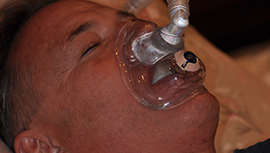
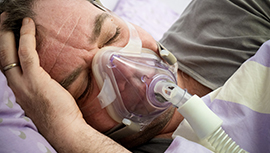
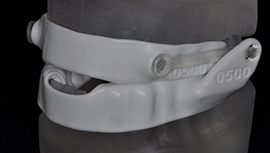
What Treatments Are Available for Sleep Apnea?
The most common treatment for sleep apnea is CPAP (Continuous Positive Airway Pressure), which uses a mask to keep the airway open during sleep. While CPAP is often effective, many patients find it uncomfortable, and lack compliance.
For those who prefer an alternative, our practice offers a successful protocol with oral appliances, specifically mandibular advancement devices (MAD). These discreet, silent, and comfortable appliances hold the lower jaw forward to keep the airway open during sleep. Most patients choose MAD over CPAP, and we’ve helped many achieve excellent results without needing CPAP therapy. Sleep apnea and snoring Long Island could be your answer to a more restful sleep.
Changing Lives... One Smile At A Time
COMPLIMENTARY CONSULTATION
Get expert care from Long Island’s best with a FREE CONSULTATION for cosmetic dentistry, veneers, dental implants, or full arch implants like TrueTEETH, Hybridge, and All on 4.
Emergencies Welcomed
Emergencies can happen when you least expect them, and we’re here to help.




